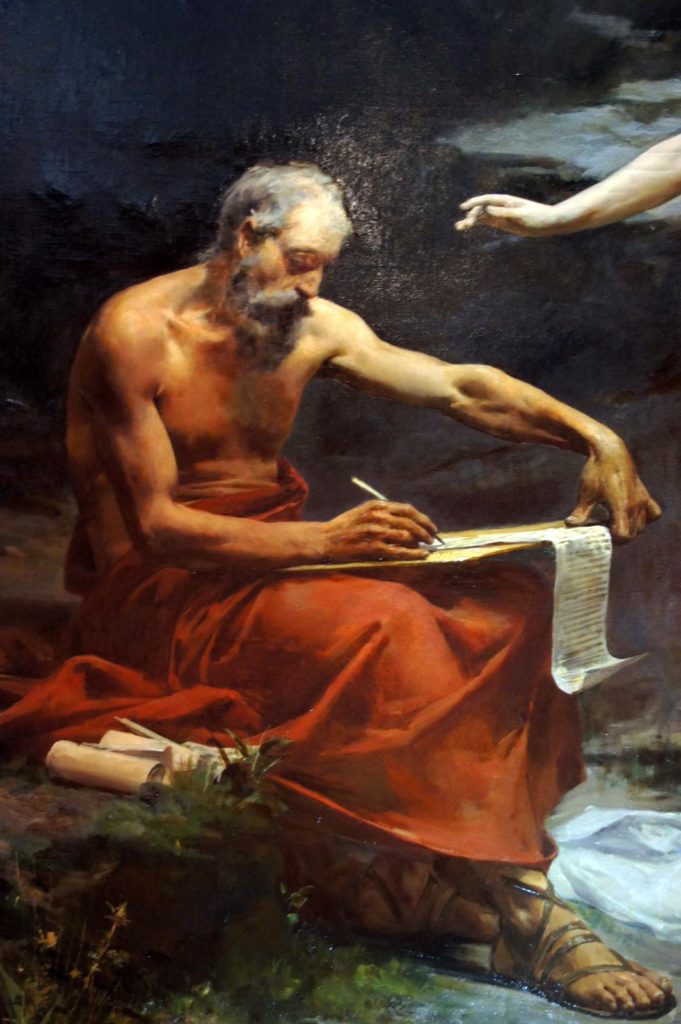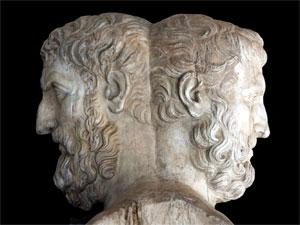Numa Pompilium: The Second King Of Rome
by Emanuele Maria Pinto

The reign of Romulus lasted thirty-seven years, Rome had made giant steps in a short time, had opened trade and dialogue with all neighboring peoples, had incorporated that of the Sabines, had fought.
Then the first king disappears, according to the myth he ascends to heaven in a stormy night kidnapped by lightning, another version speaks of senators who attack him, cut his body into pieces, each hiding a piece under his toga, the fact is that in both versions the king Romulus disappears and his body as well.
The senate takes a year to elect the new king, an attempt is made to set up an oligarchy where the senators govern in rotation every ten days but popular discontent pushes the election of a new king.
The votes are not without friction between the faction of the Romans and that of the Sabines and in the end a name that suits both of them comes up, Sabino of origin, married to the daughter of a Roman senator, Numa Pompilius.
And here one thing immediately catches the eye, the first king is known only as Romulus, the second king instead has a name and a surname, Numa of Gens Pompilia. Rome has evolved and the Patricians bear the name of the house they belong to, this tradition will be passed down from now on, in fact this is the reason why Julius Caesar happened to have this name; belonging to the Gens Julia, descendants of Iulus, son of Aeneas, founder of Albalonga from which Romulus the first king descends.
But if the first king is a warrior, the second will go down in history as the reformist priest, with him a long period of great reforms, aimed at giving a better order to the city, begins, they were almost all of a religious nature by establishing a series of suitable figures to the control and management of the things of life, such as that of the pontiffs and the pontiff maximum, religious holidays. He reformed the calendar that will follow the lunar phases giving an order of twelve months and the names we still know today as the month of January dedicated to the god Janus .
The calendar also contained indications on the good days and the bad days when it was not possible to make public decisions.
His reign lasted forty-two years in which the city of Toma waged no war against anyone. He was also inclined to change and embellish the appearance of the city, he built the temple of Vesta and on the sacred road the temple to the god Janus whose doors could remain closed in peacetime, historical sources say that in the years of his reign, they were never opened.
He died at the age of eighty, consumed by old age and surrounded by the affection of his loved ones and of the entire population. His body was not burned but buried along with seven books in Latin and seven books of philosophy in Greek.
Senator Sabino Marcio, who had married his daughter Pompilia, tried to succeed him, but he was beaten and then out of desperation he let himself starve to death.

Numa’s successor will be Tullo Ostilio and Rome will return to war.
But from the union of Marcio and Pompilia a child was born Anco Marcio, when Numa dies he is just five years old and one day he will become king
